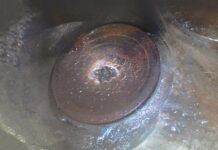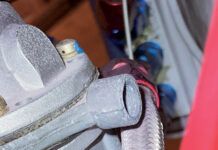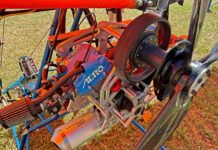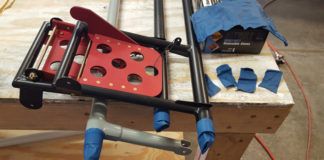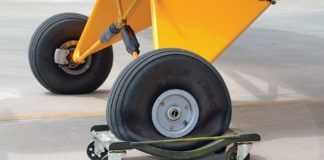AvWeb’s Paul Bertorelli continues coverage from Teledyne Continental Motors’ press function today:
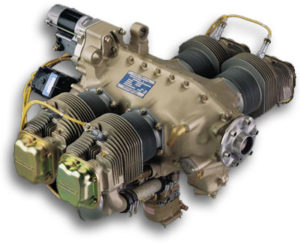 While the industry wrings its hands deciding what to do about the demise of 100LL, one of Teledyne Continental’s strategies is reduce the compression ratio of some of its engines, including the O-200-D. The O-200-D is a lightweight version of the venerable O-200 and has found applications in LSAs and limited Experimentals.
While the industry wrings its hands deciding what to do about the demise of 100LL, one of Teledyne Continental’s strategies is reduce the compression ratio of some of its engines, including the O-200-D. The O-200-D is a lightweight version of the venerable O-200 and has found applications in LSAs and limited Experimentals.
TCM’s Johnny Doo told us Wednesday that in order to run on 94UL or a fuel of lower octane than 100LL, the engine’s compression ratio can be reduced to 7.5 or 7.7:1. (The original O-200, which is happy on 80/87 fuel, has a 7.5:1 ratio.) Doo says TCM thinks the power loss would be a tolerable 4 to 5 percent—resulting in 95-96 horsepower.
That solution is part of matrix of options TCM is moving forward with now, before the fuel decision is made. Other initiatives include ready-to-go type certifications for nine of its normally aspirated engine and three turbocharged engines to run on TCM’s PowerLink FADEC. The engines would carry the F designation such as TSIOF or IOF and would be ready replacements for existing engines of dozens of aircraft types.
One other option short of a full FADEC that TCM says might work is acoustic knock detection and variable timing. Doo acknowledges that the mechanical noise aircraft engines typically generate makes acoustic knock detection difficult, but the company thinks it can be made workable. (Lycoming is relying upon acoustic knock detection for its IE2 engine-management system.)
Although TCM is involved in a 94UL test project, it says it doesn’t care which fuel is finally picked, as long as it’s picked soon. “We don’t have much time,” he told us, “because owners will need time to decide what they’re going to do.” EPA is putting increasing pressure on the industry to eliminate lead from 100LL. The deadline might be as soon as 2015.
94UL fuel is, essentially, our familiar 100LL without the tetraethyl lead additive.



